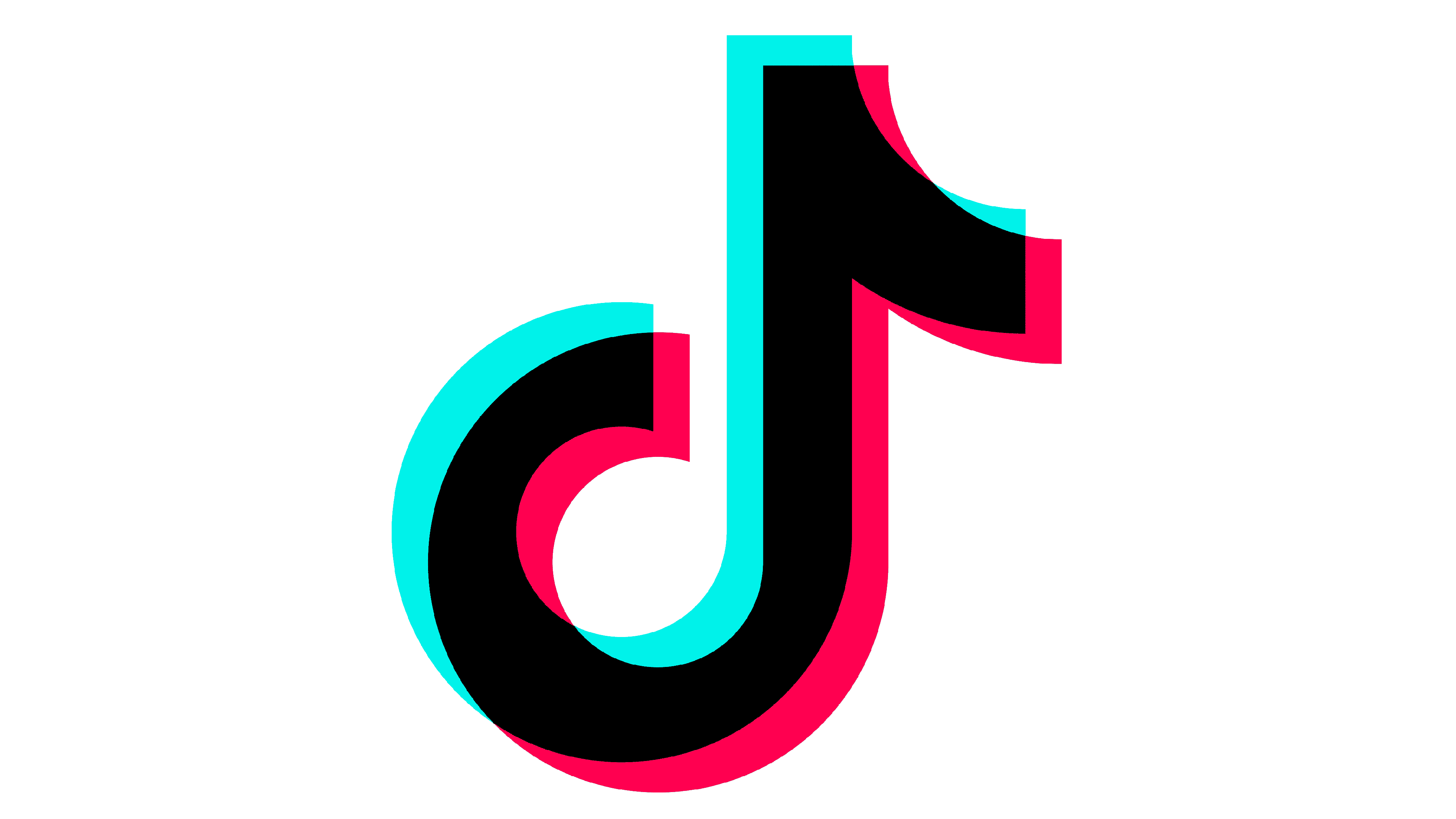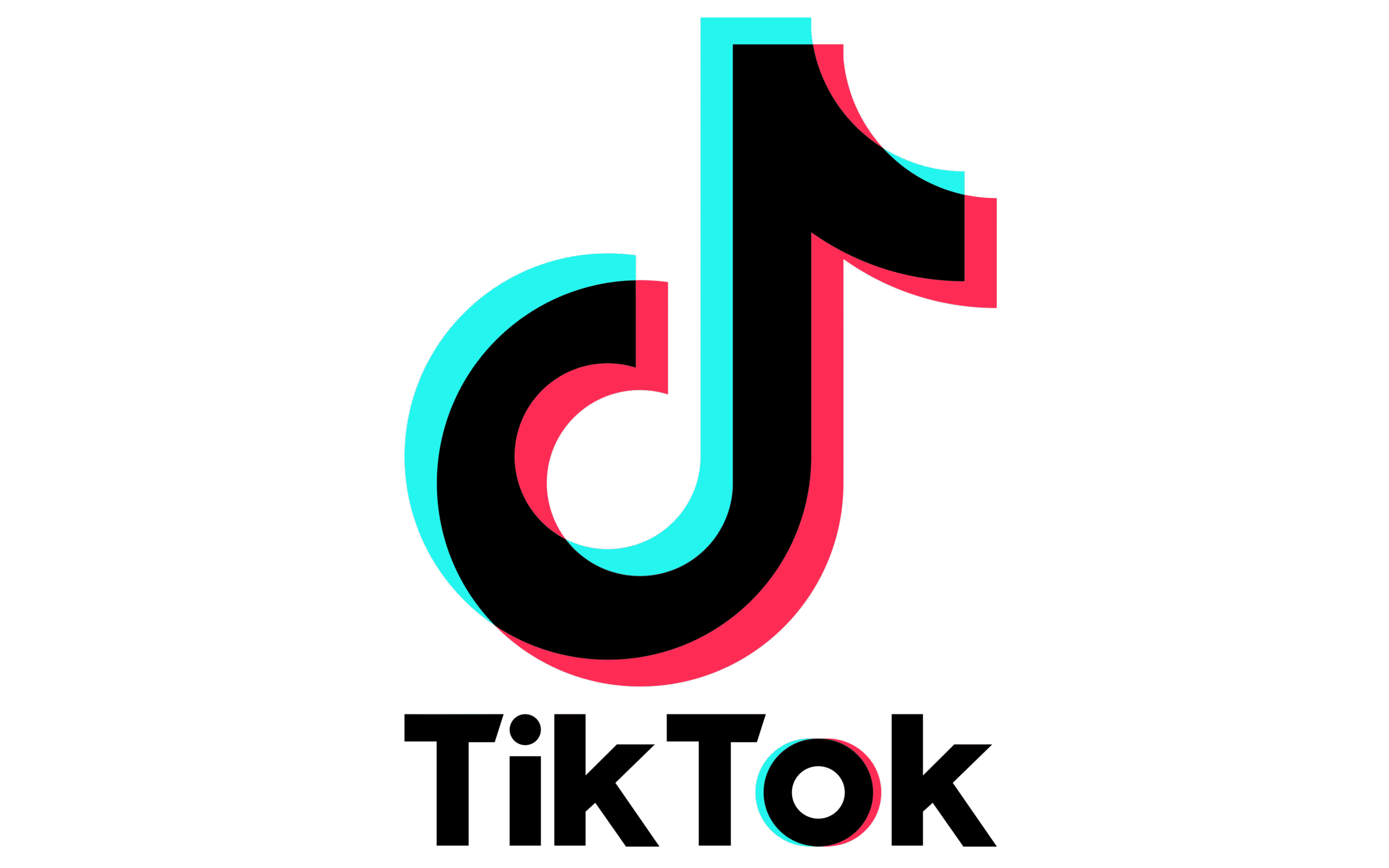TikTok Drama: More Than Just Viral Dances and Lip Syncs
Introduction
TikTok, the global sensation known for its short-form videos, has become more than just a platform for viral dances and lip-sync challenges. It’s a breeding ground for drama, captivating millions with its blend of entertainment, controversy, and real-life narratives playing out in bite-sized segments. This article delves into the world of TikTok drama, examining its causes, impact, and why it has become such a pervasive phenomenon.
The Anatomy of TikTok Drama
TikTok drama is a complex beast, fueled by a confluence of factors unique to the platform:
- Instant Virality: The algorithm’s ability to propel content to millions in a matter of hours means that even minor disagreements can quickly escalate into full-blown public spectacles.
- Parasocial Relationships: The intimate nature of TikTok videos fosters a sense of connection between creators and viewers. This can lead to intense emotional investment in creators’ lives and relationships, making viewers feel personally involved in any drama that unfolds.
- The Echo Chamber Effect: The algorithm tends to reinforce existing viewpoints, creating echo chambers where users are primarily exposed to content that confirms their biases. This can exacerbate conflict and make it difficult to find common ground.
- Accessibility: The ease of creating and sharing content on TikTok lowers the barrier to entry for both creators and those who want to weigh in on unfolding dramas.
- Anonymity: While many creators use their real names, the platform also allows for anonymous accounts, which can embolden users to engage in harassment or spread misinformation.
Common Themes in TikTok Drama
TikTok drama often revolves around a few recurring themes:
- Relationship Disputes: Romantic breakups, accusations of cheating, and general relationship turmoil are a staple of TikTok drama. These situations often play out in real-time, with creators posting updates and soliciting opinions from their followers.
- Feuds Between Creators: Rivalries between creators are common, often fueled by competition for views and followers. These feuds can involve personal attacks, accusations of plagiarism, or attempts to sabotage each other’s careers.
- Controversial Opinions: TikTok is a platform where people share their opinions on a wide range of topics, from politics and social issues to pop culture and personal experiences. Controversial opinions often spark heated debates and can lead to creators being "canceled" by the online community.
- Callout Culture: The practice of publicly shaming individuals for perceived wrongdoings is prevalent on TikTok. Callouts can range from mild criticism to full-blown harassment campaigns, and they often have a significant impact on the targeted individuals’ mental health and reputation.
- Misinformation and Conspiracy Theories: TikTok has been criticized for its role in spreading misinformation and conspiracy theories. These false narratives can have serious real-world consequences, especially when they relate to health, politics, or social issues.
Examples of Notable TikTok Dramas
- The Addison Rae/Bryce Hall/Lil Huddy Love Triangle: This complicated relationship drama captivated millions of viewers, with each party posting their side of the story and fueling speculation.
- The Charli D’Amelio/Chase Hudson Controversy: Accusations of infidelity and relationship drama involving two of TikTok’s biggest stars created a massive online spectacle.
- The West Elm Caleb Debacle: A viral exposé of a man known for dating and ghosting multiple women in New York City ignited a broader conversation about dating culture and accountability.
The Impact of TikTok Drama
TikTok drama can have a significant impact on both creators and viewers:
- Mental Health: The constant scrutiny and pressure of being in the public eye can take a toll on creators’ mental health. Cyberbullying, harassment, and the fear of being canceled are all significant stressors.
- Reputation: TikTok drama can have lasting consequences for a creator’s reputation, both online and offline. Accusations of wrongdoing, even if unproven, can damage their brand and affect their career prospects.
- Polarization: TikTok drama often reinforces existing divisions and polarizes communities. The echo chamber effect can make it difficult to have constructive conversations and find common ground.
- Desensitization: Constant exposure to drama can desensitize viewers to conflict and make them more likely to engage in online harassment.
- Exploitation: Some creators may intentionally create drama to gain attention and boost their follower count. This can be seen as exploitative, especially when it involves sensitive topics or personal attacks.
The Allure of TikTok Drama: Why We Can’t Look Away
Despite its negative consequences, TikTok drama remains a highly addictive form of entertainment. There are several reasons for this:
- Escapism: TikTok drama provides a form of escapism, allowing viewers to momentarily forget about their own problems and immerse themselves in the lives of others.
- Social Connection: Watching drama unfold can create a sense of social connection, as viewers discuss and debate the events with their friends and followers.
- Emotional Engagement: Drama elicits strong emotions, from anger and frustration to sympathy and amusement. This emotional engagement can be highly stimulating and addictive.
- Voyeurism: TikTok drama allows viewers to peek into the private lives of others, satisfying a natural human curiosity.
- Moral Judgment: Watching drama unfold allows viewers to make moral judgments and express their opinions, which can be empowering.
Navigating the World of TikTok Drama
If you’re a TikTok user, it’s important to be mindful of the potential impact of drama and to take steps to protect your mental health and well-being:
- Be Critical: Don’t believe everything you see or hear on TikTok. Be skeptical of claims, especially those that seem sensational or exaggerated.
- Avoid Getting Involved: It’s tempting to weigh in on drama, but it’s often best to stay out of it. Getting involved can escalate the conflict and make you a target for harassment.
- Set Boundaries: Limit your exposure to TikTok drama. If you find yourself feeling stressed or anxious after watching it, take a break.
- Focus on Positive Content: Seek out creators who promote positivity, kindness, and healthy relationships.
- Report Abuse: If you see content that violates TikTok’s community guidelines, report it.
Conclusion
TikTok drama is a complex and multifaceted phenomenon that has become an integral part of the platform’s culture. While it can be entertaining and engaging, it also has the potential to be harmful and destructive. By understanding the dynamics of TikTok drama and taking steps to protect ourselves, we can navigate this world more safely and responsibly. It is crucial to remember that behind every viral video and trending hashtag are real people whose lives are being impacted by the drama that unfolds online.

